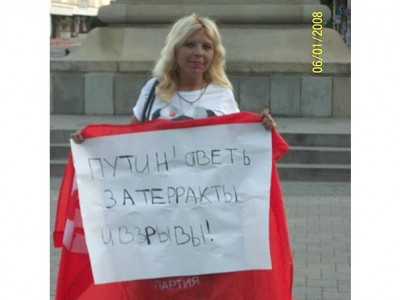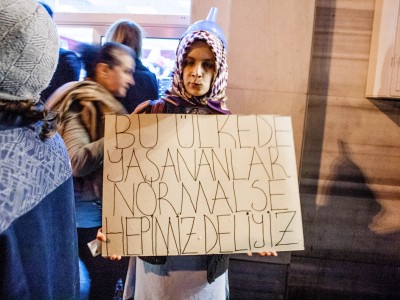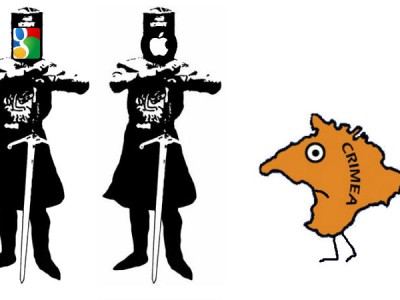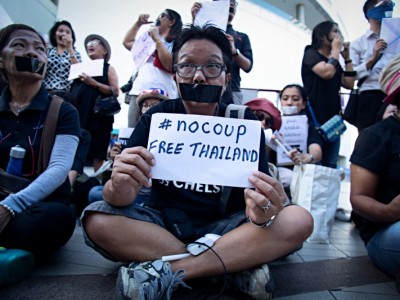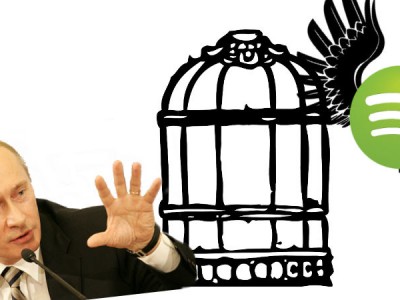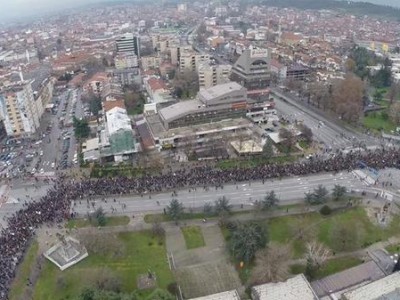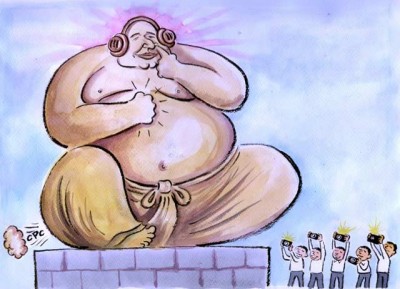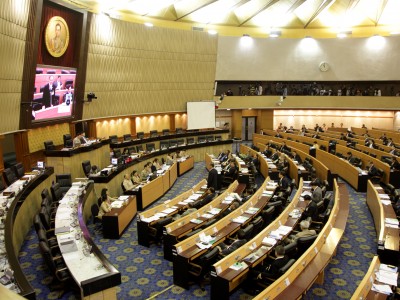Stories from February, 2015
In Putin's Russia, a Retweet Can Lead to a Jail Term
Even a retweet of an image or a republished post may cost Russian citizens unfettered access to the Internet—and often, their freedom.
Netizen Report: Mass Surveillance Violates Human Rights, Says UK Tribunal
This week, Iraq sets stiff penalties for insult on social media, Cubans snicker at Netflix announcement, and Samsung makes a new TV that watches you.
Turkey Cites National Security as it Cranks Up Internet Controls
Courts offer citizens occasional protection from Ankara's vicious war on freedom of expression and privacy, so government is looking for laws that bypass them.
Netflix is Coming to Cuba — But Will They Have Any Customers?
Netflix seems unaware that even those Cubans who have Internet access do not have a strong enough connection to watch videos online.
Is Iraq Restricting Speech on Facebook?
Local sources say escalating fights online among political parties and sects since last week's execution of Jordanian pilot Muath al-Kasasbeh may have led to the new policy.
Twitter's New Transparency Report Shows Massive Spike in Demands from Russia
"We went from having never received a request to receiving more than 100 requests for account information. We did not provide information in response to any," Twitter's report says.
‘We Need to Be Careful Even of What We Think': Self-Censorship in Venezuela
"Since the start of the protests, I had been mapping online censorship and helping people use encrypted communication tools. When the police came, I got up, scared to the bone."
Digital Citizen 2.3
Digital Citizen is a biweekly review of news, policy, and research on human rights and technology in the Arab World.
Crimean IT Industry Wilts Under Western Sanctions
Companies like Apple and Google blocking access to their services in Crimea due to Western sanctions, bringing a high cost for IT professionals and citizens.
Netizen Report: Asian Governments Embrace Surveillance in the Name of Security
While Thailand and Singapore press for broader surveillance powers, Ecuadorian social media users take heat from their president and Macedonia says no to drones.
Stop the Music: Spotify Cancels Launch in Russia
Spotify is leaving Russia in response to the economic crisis, the political situation, and the draconian Internet laws.
Who Do We Lose with Internet Censorship and Control?
"Through Internet censorship and control we lose an ability to be our own secret human – the one we are when nobody is around."
The Macedonian Government Clamps Down on Filming Protests With Drones
Drone-made videos and photos were instrumental in demonstrating the size of a recent massive student protest, which has been called the largest student protest in Macedonia since independence.
The Collapse of Media Freedom in Bulgaria
The state of media freedom has progressively worsened in Bulgaria in recent years. In 2014 the country plunged 13 places on the Reporters Without Borders' World Press Freedom Index.
Thailand’s Digital Economy Bills Could Worsen Media Repression
Some civil society organizations are calling the draft digital economy bills “national security bills in disguise” because of their repressive provisions.

